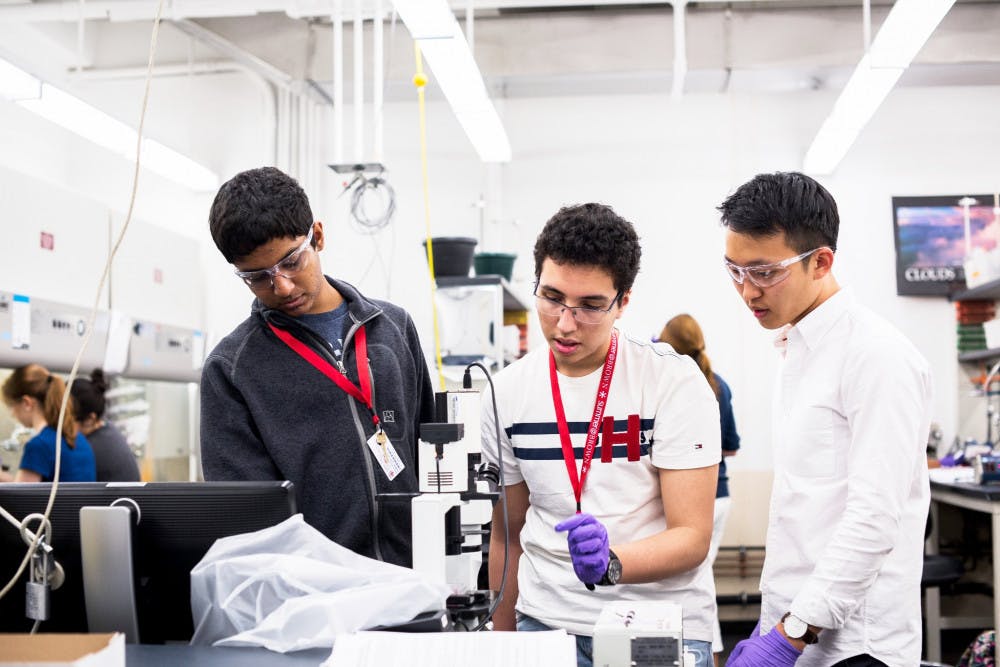The two sessions of Summer@Brown held this summer generated $6 million in revenue, the highest amount in University history, said Karen Sibley MAT’81 P’07 P’12 P’17, dean of the School of Professional Studies and vice president for strategic initiatives.
The summer program is one of several efforts administrators have made in recent years to diversify the University’s revenue streams and reduce its reliance on undergraduate tuition.
The program draws thousands of high school students to Providence, where they can get a taste of Brown’s academics and campus.
Revenue from the program has tripled since 2007, when it stood at nearly $2 million, Sibley said. It has also increased each year since 2007, jumping from $2.9 million in 2010 to $4 million in 2011, she said.
“The program pays for itself, so the revenue goes to support a variety of different things,” Sibley said. Portions of the revenue go to various University initiatives: Approximately 30 percent of the revenue is used to support the program, 8 percent goes toward scholarships for Summer@Brown participants, 23 percent goes into the University’s general operating budget, 22 percent goes toward University services and 14 percent goes toward payroll, she said.
The increase in revenue correlates with a rise in student enrollment. Around 5,000 students participated in the program this summer, marking a 9 percent increase from last summer, Sibley said.
Students who participate in Summer@Brown seek “to get a taste of college life,” said Robin Rose, senior associate dean of the School of Professional Studies, adding that they also experience being away from home and living on a college campus. Participants hailed from all 50 states and around the world to attend Summer@Brown, she said. They could choose from more than 300 one-week to three-week courses, ranging from American Consumer Culture to Introduction to Medicine, she added.
This marked the first summer that the residential advisors held a student activities fair at the beginning of each session, Rose said. During the fair, students were introduced to various opportunities open to them, including political discussions, meditations and guest lectures.
While many students who attend Summer@Brown are interested in applying to Brown in the future, attending the program does not give an advantage in the admission process, Rose said. But some Summer@Brown participants who have been admitted to the University have ended up enrolling because of their positive experiences at the program, she said. “Students who take initiative to participate in a summer program, whether at Brown or someplace else, are clearly demonstrating a commitment to their educational experience,” she said.
The Summer@Brown program was open to students who had completed their freshman year of high school, and sessions took place in June and July.

ADVERTISEMENT




